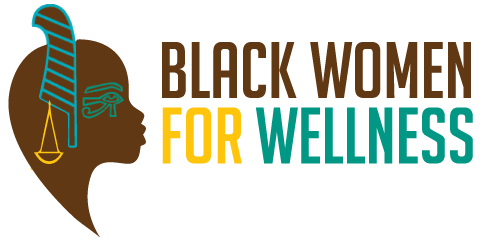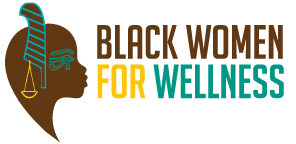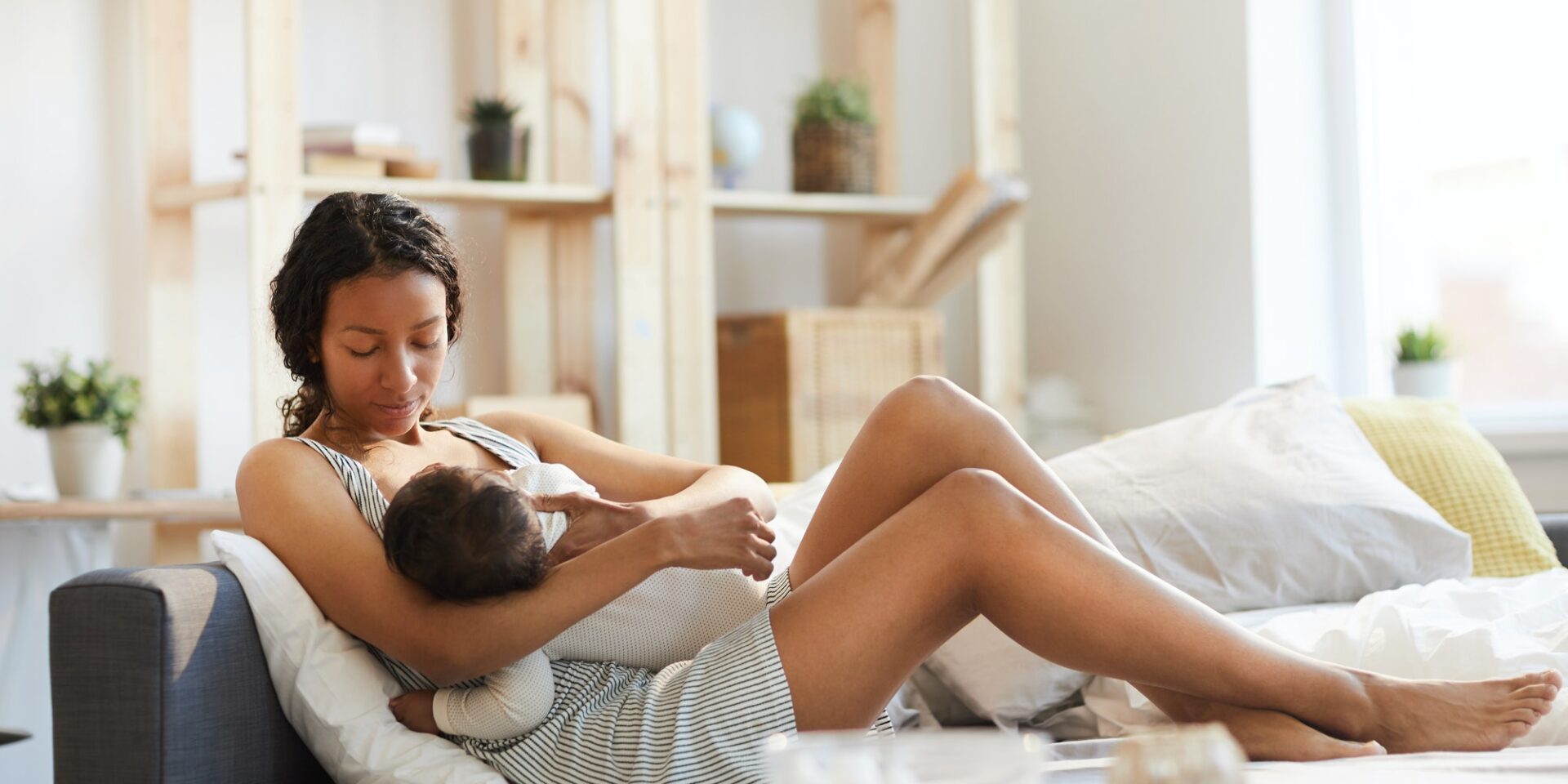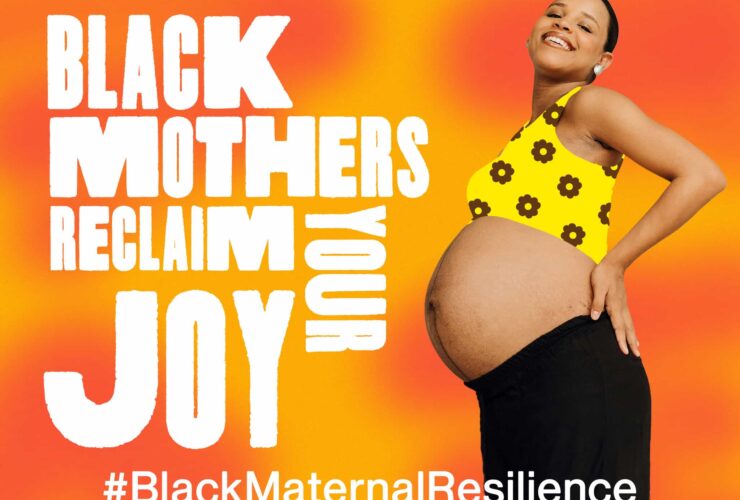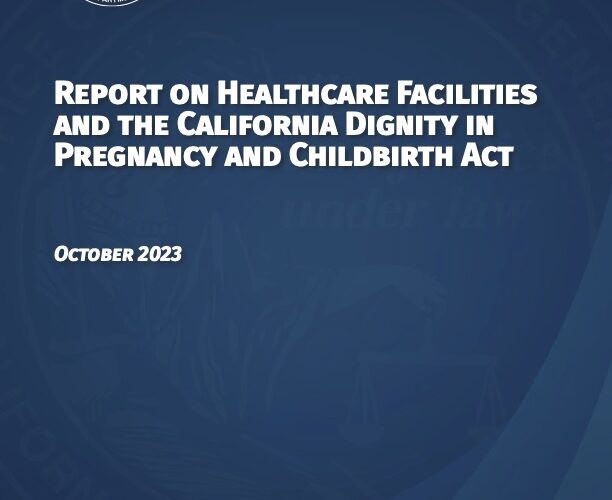Background: The U.S. Supreme Court is set to announce its decision this Summer on Dobbs v. Jackson a case based on an extreme new law in Mississippi that directly challenges Roe v. Wade. A leaked draft of the Court’s indicates that the Supreme Court is poised to overturn the 50-year precedent of Roe v. Wade and strip women of the constitutional right to make her own reproductive health care decisions including having an abortion.
- While abortion is still legal and this is a draft opinion, the Supreme Court appears poised to overturn Roe v. Wade, ending the constitutional right to abortion as we know it and allowing states to ban abortion.
- This is the most consequential case on abortion in generations. There is no path for the Supreme Court to uphold Mississippi’s ban without overturning Roe, and Mississippi directly asked the Court to overturn the landmark abortion rights case.
- A majority of Americans – eight in ten – oppose overturning Roe v. Wade.
- A woman can never be equal if she is denied the basic right to make decisions for herself and her family.
Key Message: The basic equality and human rights of every woman in America are threatened by the Supreme Court’s intention to overturn Roe v. Wade. The right to control and make decisions about our own bodies is fundamental to our freedom and our rights as equal citizens in our democracy. It is the very essence of freedom.
- Each of us has our own unique circumstances, we should trust women to make personal, private decisions that are best for ourselves.
The Dobbs v. Jackson case is part of a coordinated series of attacks on abortion access and women’s reproductive rights by anti-choice politicians. Over 500 new restrictions on abortion access have been introduced at the state level just this year.
- These extreme new laws take many forms including criminalizing women and doctors, trying to outlaw abortion altogether, shutting down clinics, restricting access based on income level and dictating which medical procedures are available
If the Supreme Court overturns Roe v. Wade, 28 states are expected to move quickly to ban abortion, 13 states have “trigger bans” already in place, which would ban abortion automatically.
- 56% of Black people in America live in the south. Many of the new laws rolling back abortion rights are in southern states – disproportionately impacting Black women.
- The United States has the second highest maternal death rate among developed countries, and Black women are 3 to 4 times more likely to experience a pregnancy related death than white women. Forcing women to carry unwanted pregnancies can have deadly consequences, particularly for Black women
Our opponents are not just opposed to abortion. The same people who are targeting our right to vote, banning books by Black authors in schools, passing anti-trans, and anti-gay legislation are the same people behind abortion restrictions. There is an unmistakable overlap in the states where these new laws are being introduced and passed.
- Black women have fought and died for the freedom to control our bodies from slavery to segregation to the Supreme Court. We remember a time when our bodies were treated as property, some said we were less than human, that we couldn’t be trusted with freedom.
- Black women are facing the reality of having our reproductive rights stolen by politicians at a time when our right to vote, to equal opportunities in education, and employment and to be paid the same as our white counterparts are being chipped away and undermined at the local, state and federal levels.
Access to the full spectrum of reproductive and sexual health care, including abortion is critical to our community as Black birthing people. Not only should we be able to decide whether or not to continue a pregnancy, but we should also have access to the care and resources that support us in doing so.
- We believe that all women regardless of income or location should be able to access the pregnancy care she chooses free from coercion or shame in her own community.
Now is the time to make our voices heard and do what we’ve always done: leverage our collective power to organize, mobilize and vote in upcoming Federal, State, and Local elections.
Donate to local and national reproductive justice organizations:
- Southeast: ARC South East
- Texas: AFIYA
- California: Black Women for Wellness Action Project
- Georgia: FWHC, SisterLove, SPARK,
- Tennessee: SisterReach
- Louisiana: Women With a Vision
- Pennsylvania & Ohio: New Voices for Reproductive Justice
- National: Black Feminist Future, Black Women’s Health Imperative, In Our Own Voice – National Black Women’s Reproductive Justice Agenda
